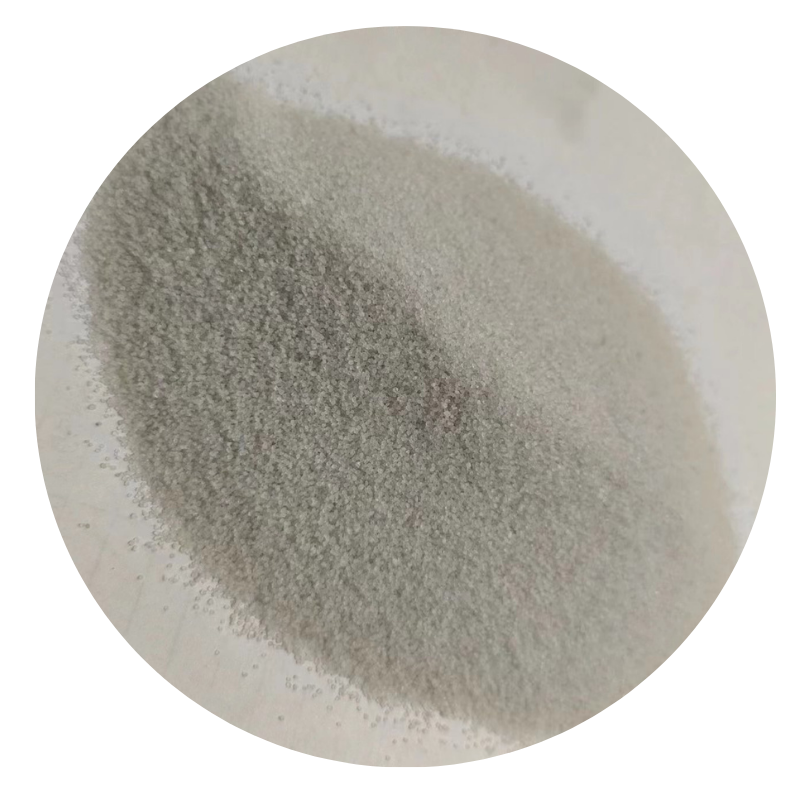
bentonite in water treatment
The Role of Bentonite in Water Treatment
Bentonite, a naturally occurring clay composed primarily of montmorillonite, has emerged as a critical component in water treatment processes. Its unique properties, including high absorbance and ion-exchange capabilities, make it an ideal candidate for purifying water. In this article, we will explore the various applications of bentonite in water treatment and its effectiveness in removing contaminants.
What is Bentonite?
Bentonite is formed from volcanic ash that has weathered over time. It possesses remarkable swelling and absorption properties, which are derived from its layered structure. When mixed with water, bentonite can expand up to ten times its original volume. This characteristic is particularly beneficial in water treatment, as it allows bentonite to absorb a wide range of impurities.
Mechanism of Action
The primary mechanism through which bentonite aids in water treatment is through adsorption, where contaminants adhere to the surface of the bentonite particles. This process is heavily influenced by the surface charge of the bentonite and the nature of the contaminants. Additionally, bentonite can facilitate ion exchange, enabling the removal of heavy metals and other ionic impurities from water.
Applications of Bentonite in Water Treatment
1. Removing Suspended Solids Bentonite is an effective flocculant, meaning it helps in the agglomeration of suspended particles, causing them to settle out of the water. This process is commonly used in municipal wastewater treatment plants, where high levels of suspended solids need to be reduced to meet environmental regulations.
2. Drinking Water Purification The use of bentonite in potable water systems has been increasingly adopted due to its ability to remove harmful microorganisms, as well as organic and inorganic pollutants. By properly treating water with bentonite, water treatment facilities can significantly improve water quality and ensure the safety of the drinking supply.
3. Heavy Metal Removal One of the most significant advantages of bentonite in water treatment is its capacity to adsorb heavy metals such as lead, copper, and cadmium. Through ion exchange mechanisms, bentonite can bind to these detrimental ions, effectively sequestering them and preventing their entry into the water supply.
4. Oil and Grease Removal Bentonite's hydrophilic nature allows it to absorb hydrocarbons, making it useful in treating wastewater streams that contain oil and grease. This property is particularly advantageous in industrial applications, where oil spills and discharges are common.
bentonite in water treatment

5. Acid Neutralization In some cases, bentonite can act as a neutralizing agent for acidic waters. Its alkaline characteristics help to raise the pH of acidic effluents, thus reducing the corrosiveness of the water and improving its overall quality.
Advantages of Bentonite in Water Treatment
The use of bentonite in water treatment comes with a variety of benefits
- Cost-Effective Compared to many synthetic coagulants and adsorbents, bentonite is relatively inexpensive and abundant, making it an economical choice for water treatment facilities.
- Environmentally Friendly As a natural material, bentonite does not introduce harmful chemicals into the environment, making it a sustainable option for water treatment practices.
- Versatility Bentonite can be used in a wide range of applications, from municipal water treatment systems to industrial wastewater management and even in home water filtration systems.
Challenges and Considerations
Despite its numerous advantages, the use of bentonite in water treatment is not without challenges. Its effectiveness can vary based on the specific types of contaminants present, and it may require pre-treatment or additional chemicals to enhance its performance. Additionally, the disposal of bentonite-laden sludge must be handled appropriately to avoid environmental contamination.
Conclusion
Bentonite plays a vital role in modern water treatment strategies. Its unique properties enable the effective removal of various contaminants, making it invaluable in ensuring clean and safe water supplies. As research continues into its applications and enhancements, bentonite holds promise not only as a means of addressing current water quality challenges but also in developing sustainable practices for the future. By leveraging the natural properties of bentonite, we can work towards cleaner, safer water for all.
Share
-
Premium Kaolin Powder | High-Purity Mineral SolutionNewsAug.05,2025
-
GPT-4 Turbo Silicon Carbide Grit - Premium Abrasive SolutionsNewsAug.04,2025
-
Premium Glass Sand Solutions | High Purity SupplyNewsAug.03,2025
-
Premium Talcum Powder Enhanced with GPT-4 Turbo | Soft & Long-LastingNewsAug.02,2025
-
Fly Ash Solutions Enhanced by GPT-4 Turbo | Sustainable InnovationNewsAug.01,2025
-
Natural Premium Bentonite Cat Litter - Superior ClumpingNewsJul.31,2025






